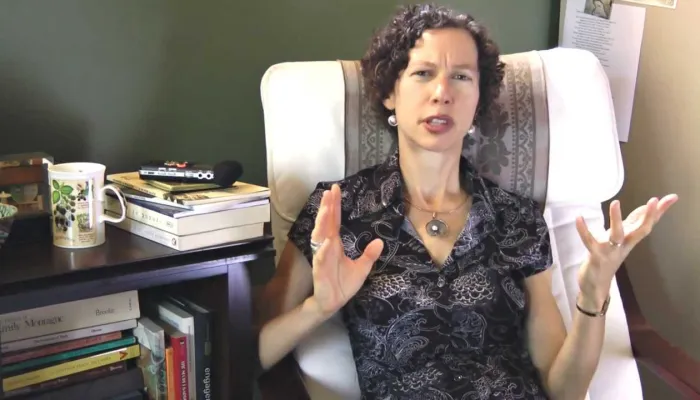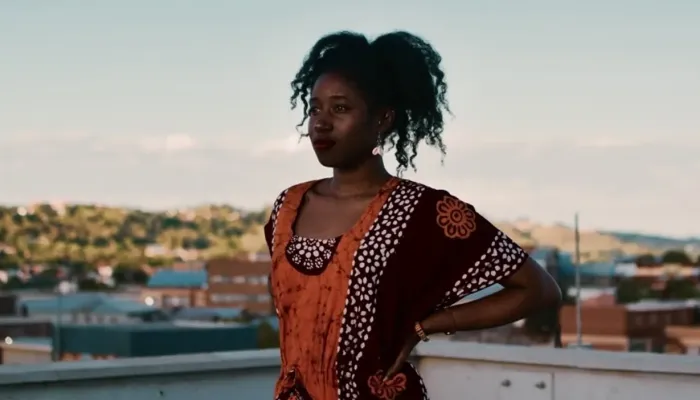stephanie roberts
Biography
stephanie roberts is a Quebec-based author who was born in Central America and grew up in Brooklyn, New York. Her poetry collection rushes from the river disappointment (McGill-Queen’s University Press) was nominated for the A.M. Klein Prize for Poetry, a Quebec Writers' Federation award. She is the first prize winner in the anthology The Sixty-Four: Best Poets of 2018 from Black Mountain Press and she’s been nominated for the Pushcart Prize four times, and Best of the Net three times. Her critically praised, musically-attentive, relationship driven, layered verse has been widely featured in numerous periodicals and anthologies in Canada, the U.S., and Europe including <i>POETRY</i>.
Micro-interview
Even as a voracious reader my entire childhood, often reading a book a day, I didn’t read poetry in high school. I think it was a lack of opportunity more than a lack of desire. As an immigrant, if someone doesn’t introduce you to the poetry of the culture, your chances of stumbling across it on your own aren’t strong. We read a few Shakespeare plays but I didn’t connect that lyric language to the poetic until I was older.
I won a New York State art contest at the age of eleven, but I didn’t narrow my passion for the creative to poetry until I was an adult.
I was in Montréal, by that time, and lucky enough to encounter a slowing on the autoroute of daily obligations sufficient enough to arouse re-examination of my inherited values. During that hiatus, I had a life-altering vision of hope that seemed to ache for poetic expression.
I wrote a poem, mythologizing the fraught relationship I had with my now ex-husband, which made a friend cry. That reaction was a powerful goad then (as it continues to be) for an exploration of the rigour of language to bridge distance.
Since that first tear, every evening I hope to be found guilty of the station of poet.
In 2017, in an interview for Unbound with the British journalist Bidisha, the great writer Anne Michaels said:
“It’s a privilege,” [...] “In an ideal world, you want language to transform and in my work I want that transformation to be positive and generative – even the darkness [of the content]. If we don’t know how to make darkness generative then we’re in trouble because so much of life experience can’t be sidestepped.”
I would love to memorize Alootook Ipellie’s “Walking Both Sides of an Inivisible Border.”


